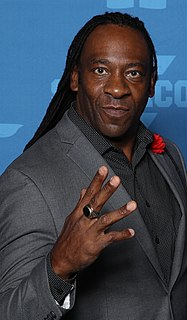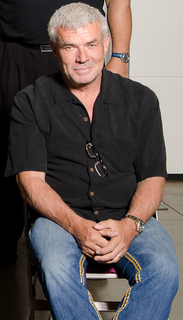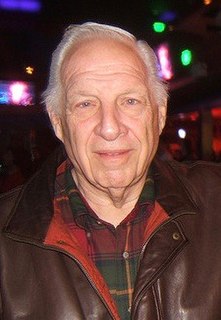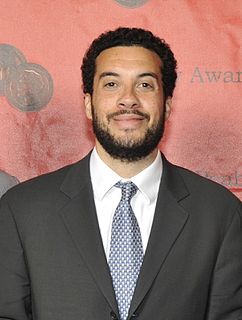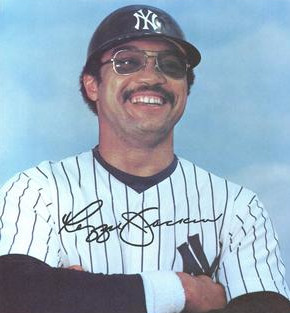A Quote by William Klein
I was fascinated by the Black Panthers because I'd been in contact with the Nation of Islam, thanks to Muhammad Ali, and their way of talking was that the whites were the devil, and they'd get rid of them once they took over.
Related Quotes
I brought Muhammad Ali to North Korea in 1995. I tried that once. It didn't work out quite that well for me as it did for Dennis Rodman, but I brought Muhammad Ali to Pyongyang, North Korea, as part of a big wrestling event called the World Peace Festival. It was a two-day event that drew over 350,000 people.
Islam is a revolutionary faith that comes to destroy any government made by man. Islam doesn't look for a nation to be in better condition than another nation. Islam doesn't care about the land or who own the land. The goal of Islam is to rule the entire world and submit all of mankind to the faith of Islam. Any nation or power in this world that tries to get in the way of that goal, Islam will fight and destroy.
O.J. Simpson was primarily interested in O.J. His rise to fame in the late '60s coincided with the period where black athletes were more outspoken and political than in any era. You're talking about the generation of black athletes that came about after Jackie Robinson. Athletes after that were just happy to find a place in sports. But when you got to the mid-'60s, you had athletes like Jim Brown and Muhammad Ali, who were very outspoken on the issues of race and civil rights.
I was like, 'Prince, prince. Prince Ali. People know that from 'Aladdin.' I'm a big fan of Muhammad Ali. I can't be Muhammad Ali. I'm looking up royal - Mustafa. Mustafa's a royal name. Prince Mustafa, OK fine.' Prince Mustafa Ali came from that, and it's an easier name for people to remember, too: Prince Ali.
Muhammad Ali inside the ring and Muhammad Ali outside the ring were totally different men; his abrasive, magnetic daring and infectious self-love outside the ring galvanized the world and distracted many from his sniper's precision. He was a heavyweight with the fluttering gracefulness of a middleweight.

